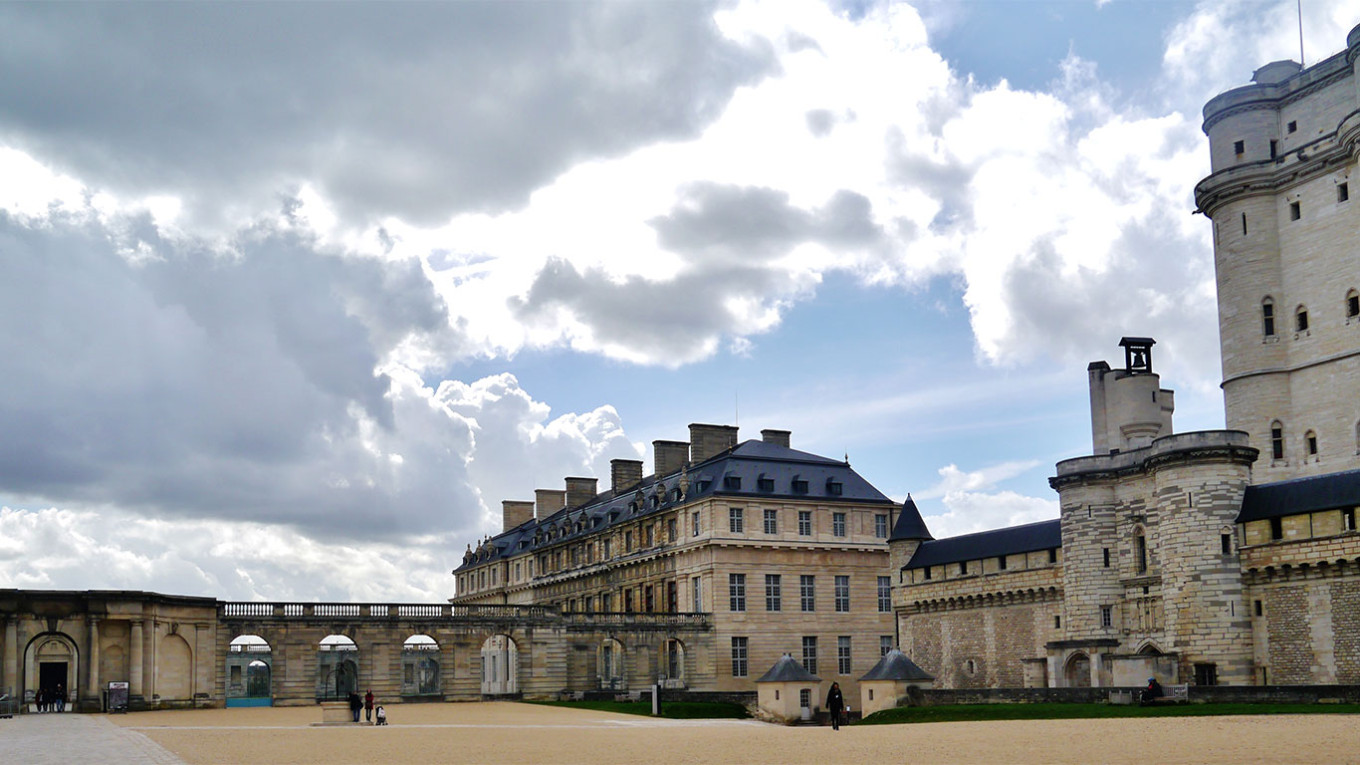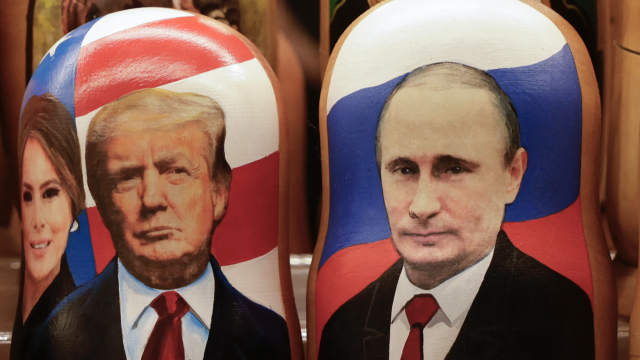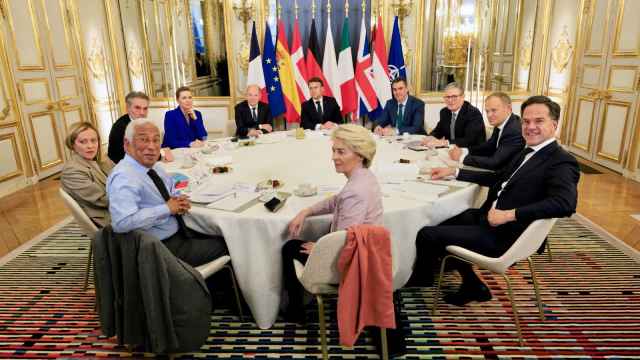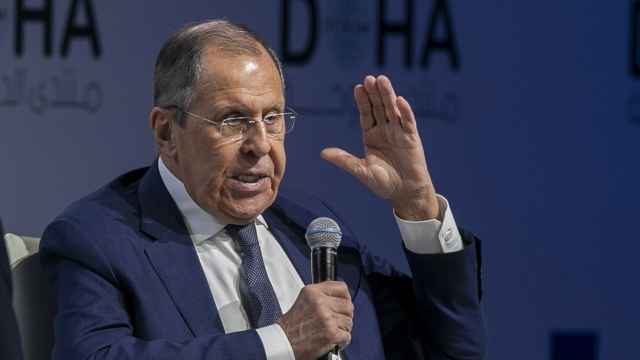France said Tuesday that a ban on Russian nationals entering military installations had been applied too rigidly when two Russian visitors were turned away at the Chateau de Vincennes, a medieval fortress and tourist attraction on the edge of Paris.
Once the residence of French kings and among Europe's best-preserved monuments of its kind, the castle is for the most part open to the public, including for tours, concerts, theatre plays and other events.
It also houses part of the French armed forces' historical archives, to which access is restricted.
Technically therefore a military installation, it is covered by a French ban on Russian nationals entering army territory that was issued after Russia's invasion of Ukraine in February.
Applying the rule, security guards at the Chateau de Vincennes denied two Russian women access to the monument on July 28.
"A guard at the metal detector asked to see my passport," said one of the women, 31, who works as a journalist and has been in France for five months, having left Russia "precisely because I am opposed to the war."
On inspecting the document, the guard informed her she couldn't pass, the woman, who asked not to be named, told AFP.
Another guard also denied her entry and gave as the reason "because you are Russian," she said, adding she couldn't believe what she was hearing.
U-turn
Contacted by AFP on Monday, the defense ministry confirmed that it had, indeed, "restricted access to military installations to Russian nationals" because of the invasion.
But after media coverage and social media comment, the ministry contacted AFP on Tuesday to say that the guards had in fact "indiscriminately applied a rule established in February concerning all military installations."
"This rule cannot be applied in the same way for strategic sites and for sites accessible to the public, such as museums," a spokesman said.
The ministry said security staff would now be informed of the distinction "to avoid any further incidents of this kind."
Each year some 150,000 people visit the chateau, paying 9.50 euros per adult admission.
Other tourist sites run by the army, including the Air and Space Museum in Le Bourget and Les Invalides in Paris, would also allow Russians in, the ministry official said.
Since Moscow sent troops into Ukraine in February, France has taken in some 100,000 Ukrainian refugees, government figures show.
About 73,500 Russian immigrants lived in France in 2021, according to the national statistics office Insee.
There has been a debate within the European Union about whether further limits should be placed on Russians visiting the bloc for tourism or personal reasons.
Russia's neighbor Finland last week issued a plan to limit tourist visas for Russians but also emphasized the need for an EU-level decision on the matter.
And on Tuesday, Estonian Prime Minister Kaja Kallas called on the EU government to "stop issuing tourist visas to Russians."
A Message from The Moscow Times:
Dear readers,
We are facing unprecedented challenges. Russia's Prosecutor General's Office has designated The Moscow Times as an "undesirable" organization, criminalizing our work and putting our staff at risk of prosecution. This follows our earlier unjust labeling as a "foreign agent."
These actions are direct attempts to silence independent journalism in Russia. The authorities claim our work "discredits the decisions of the Russian leadership." We see things differently: we strive to provide accurate, unbiased reporting on Russia.
We, the journalists of The Moscow Times, refuse to be silenced. But to continue our work, we need your help.
Your support, no matter how small, makes a world of difference. If you can, please support us monthly starting from just $2. It's quick to set up, and every contribution makes a significant impact.
By supporting The Moscow Times, you're defending open, independent journalism in the face of repression. Thank you for standing with us.
Remind me later.






